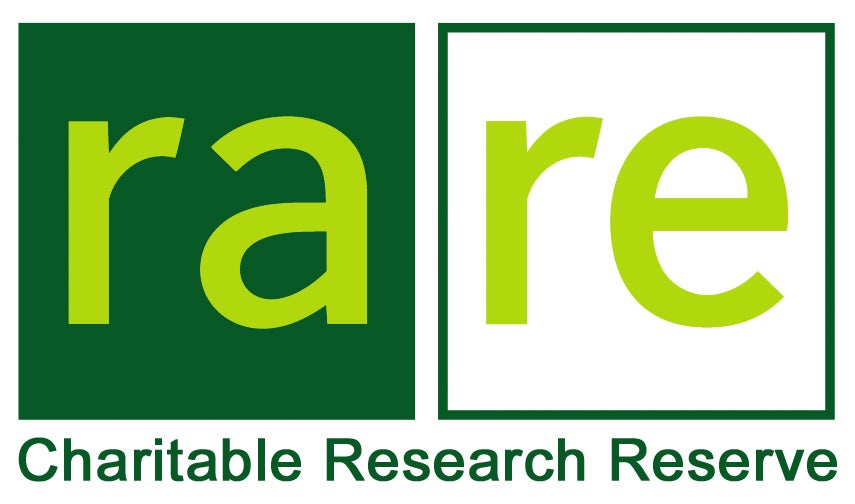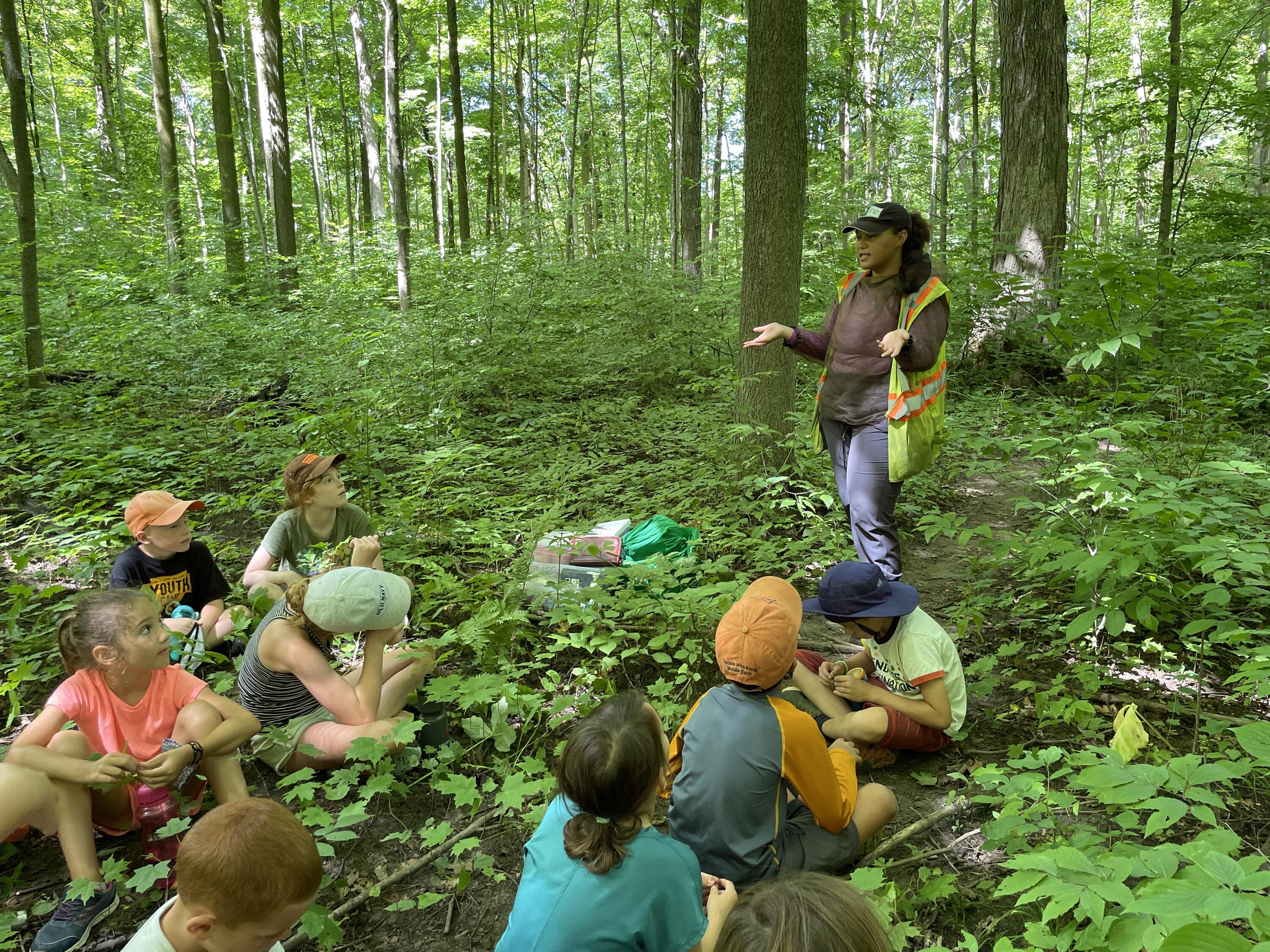This article is one of a series celebrating open scholarship during Open Access Week. It is brought to you by the Open Scholarship Committee.
The theme of this year’s International Open Access Week, sponsored by the Scholarly Publishing and Academic Resources Coalition (SPARC), is “Open for Climate Justice.” Working from the understanding that “tackling the climate crisis requires the rapid exchange of knowledge,” one of the stated goals of this week is to “encourage connection and collaboration” (openaccessweek.org). Some of these connections and collaborations are already happening at a local level in Waterloo Region. rare Charitable Research Reserve, a “community-based urban land trust and environmental institute” headquartered in the former Lamb’s Inn building on the banks of the Grand River in Cambridge, has been working with both the university and the wider community for over 20 years as part of their stated goal to “to make the world a more sustainable place” (raresites.org).

rare began in 2001 as a charitable organization dedicated to preserving what were once the lands of the University of Guelph Cruickston Park Farms “for [their] inherent ecological value.” Since 2016, the raresites Land Securement team has worked to “creat[e] a land securement strategy for the entire upper Grand River watershed, focused on ecological integrity and connectivity” (raresites.org). Jenna Quinn, a Program Scientist with the organization, notes that rare currently “protects over 1,200 acres of highly sensitive lands across 7 properties in Waterloo Region and Wellington County.” The group also “manages over 12 kilometres of trails [that are] free and open for the public.”
In addition to land protection and stewardship, Quinn notes that “[e]ducation is a core priority for rare” and they “are always looking for partnership opportunities to ensure data collected [on their land] can be applied and learned from as much as possible.” This sharing takes a number of forms. Quinn notes that rare contributes “to data sharing sites and programs like iNaturalist, eBird, eButterfly” and others, but they also “create opportunities for researchers to share their work with the wider community and general public via community engagement events, youth engagement programs, blogs, newsletter, and conference/symposium style showcases.” A quick glance at rare’s Events Calendar for this month shows community workshops, children’s camps (pictured), and volunteer sessions.

Another way rare contributes to education is through providing financial support for graduate student research. Quinn states that their “Ages Foundation Fellowship & Bursaries program has awarded over $100,000 to graduate students conducting research and inquiry on wide-ranging environmental topics.” Interested students are encouraged to consult the group’s website at raresites.org for details, but also to reach out to discuss their potential projects with rare directly.
Building on their three main focuses of conservation, research, and education, rare believes that “[b]y working together, we can protect our natural spaces for our enjoyment and well-being, today and into the future” (raresites.org). As such, their work contributes to the principles of sharing knowledge to help the environment set forth by this year’s Open Access Week.